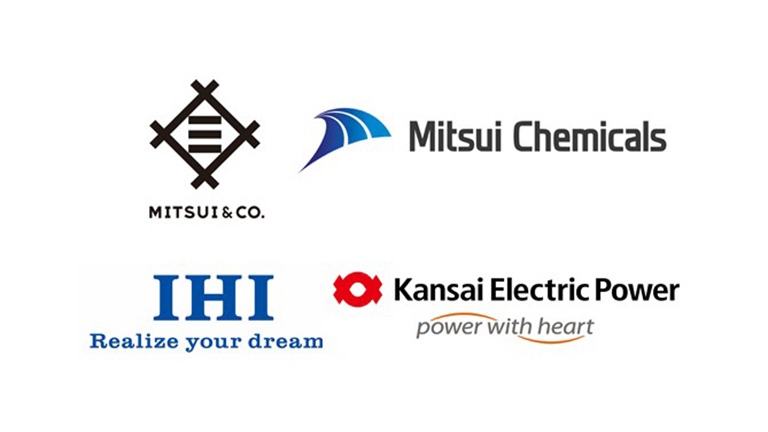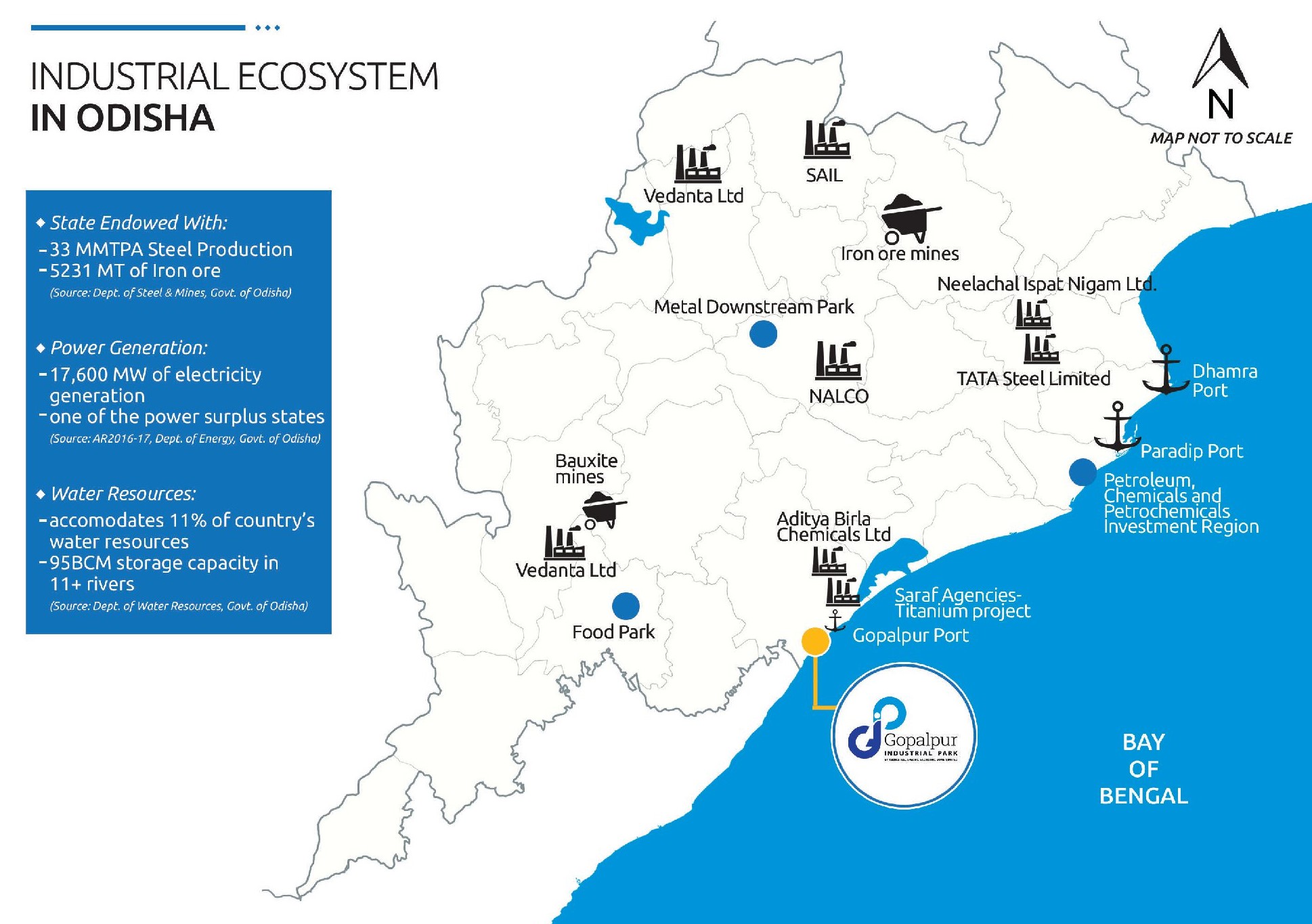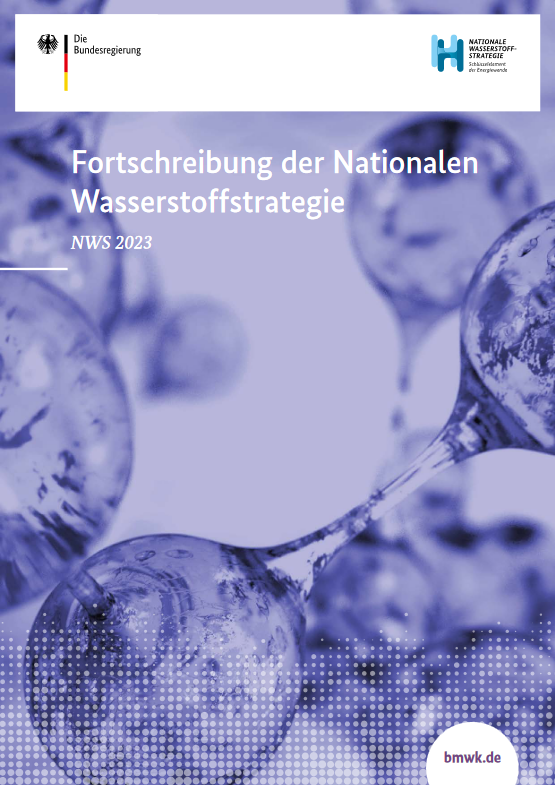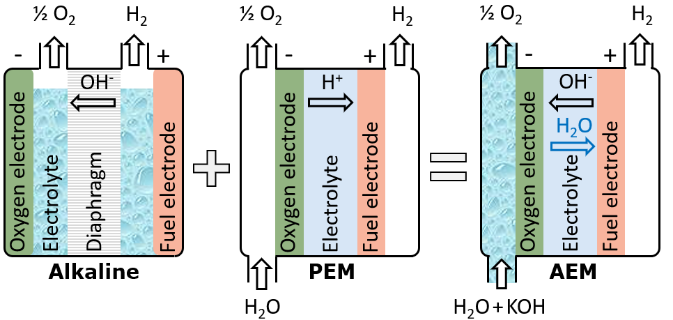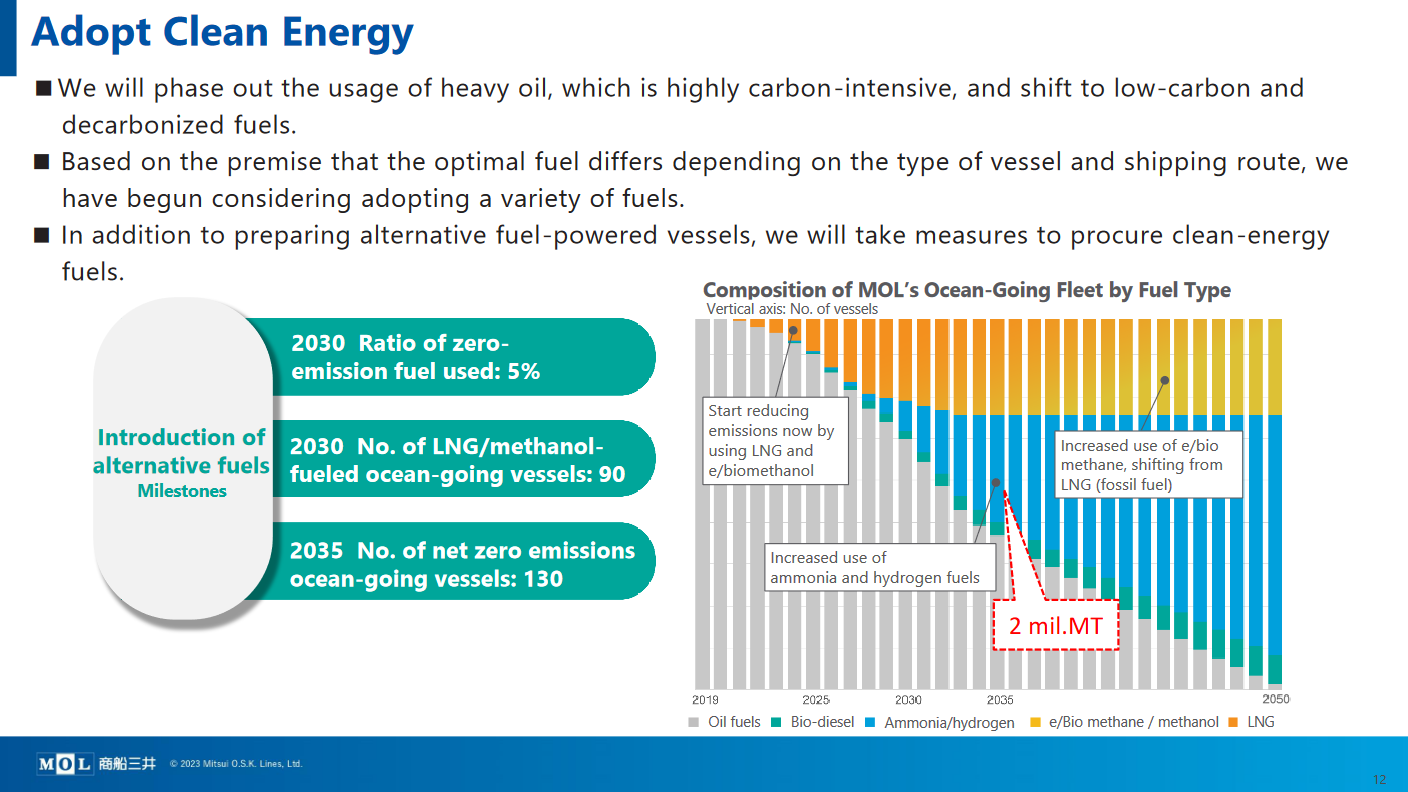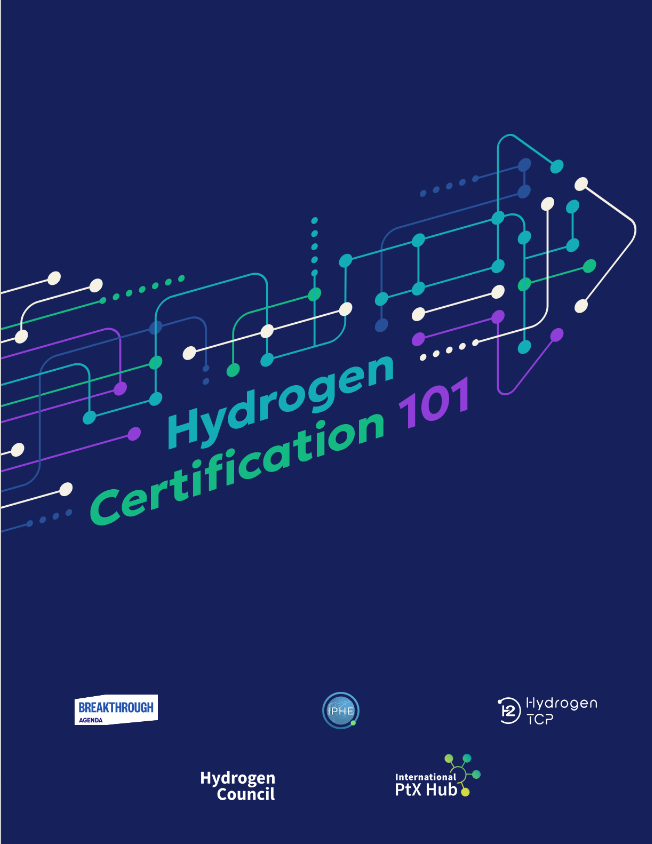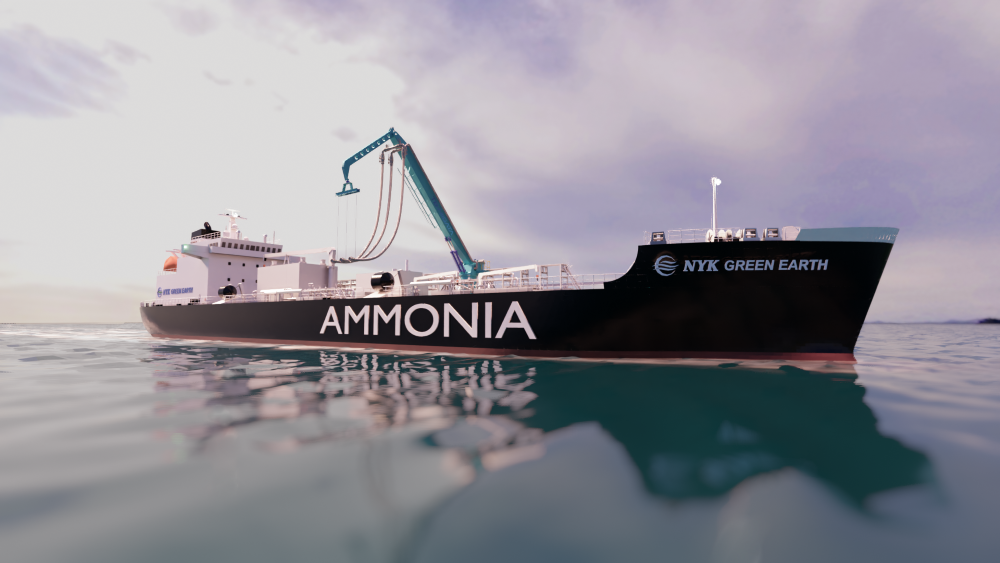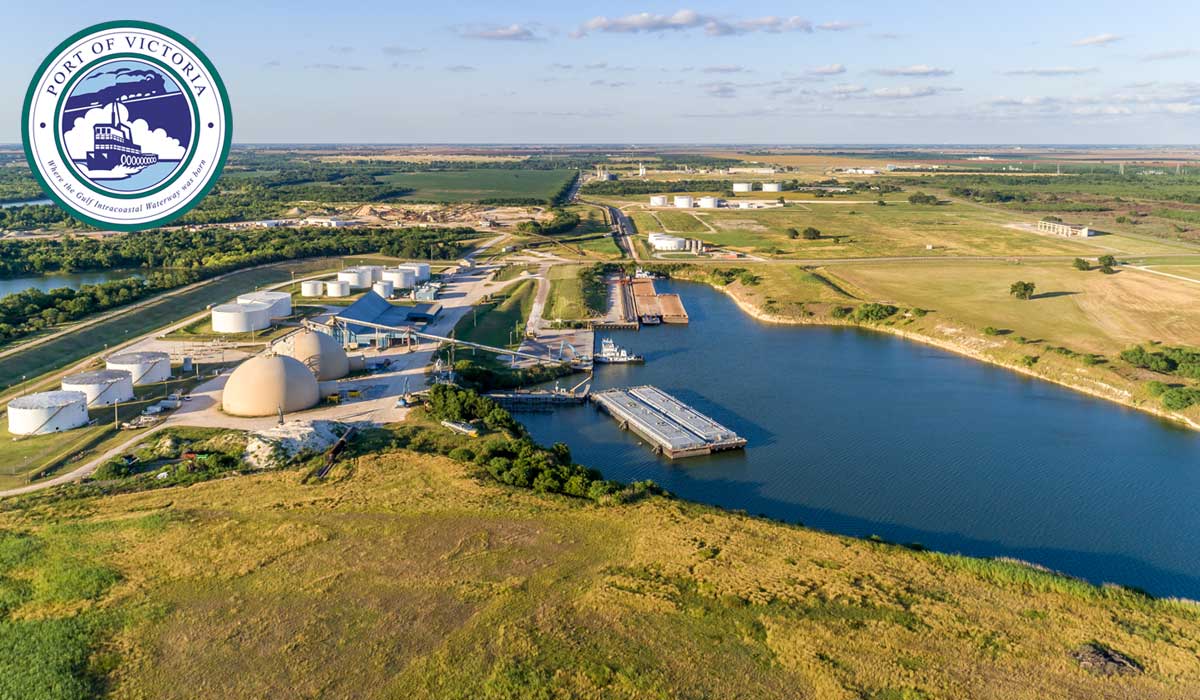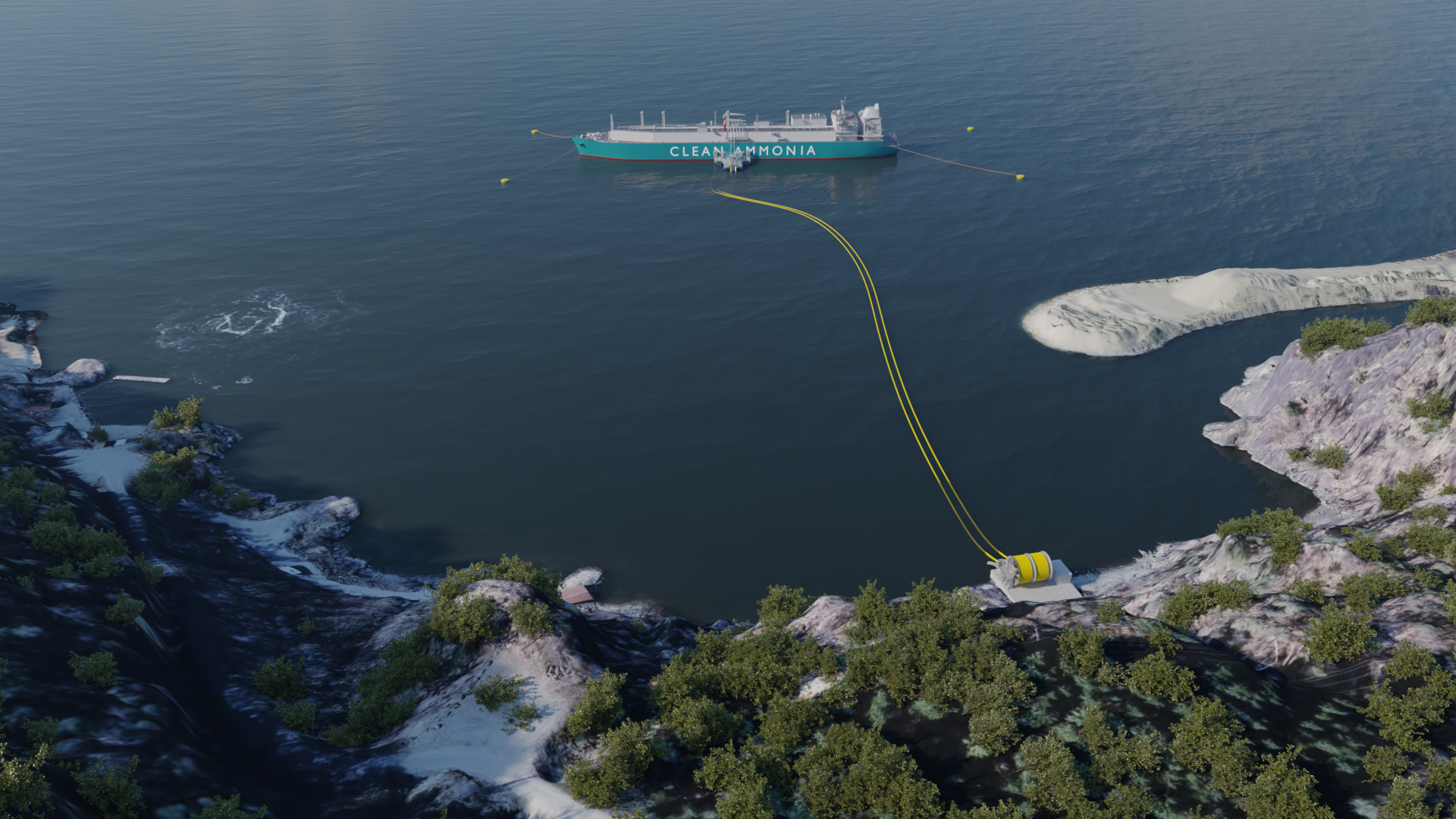Japan consortium to explore ammonia imports to Osaka
Mitsui & Co., Mitsui Chemicals, IHI Corporation and the Kansai Electric Power Company will explore the establishment of a hydrogen & ammonia supply chain based in Osaka. Ammonia fuel will be used to decarbonise electricity generation, and cracked to provide a feedstock for other industrial processes like steel-making. In South Korea, a similar partnership is evolving between LOTTE and Air Liquide. You can learn more about the emerging nexus between ammonia cracking and steel-making at our upcoming annual conference in Atlanta, USA.
